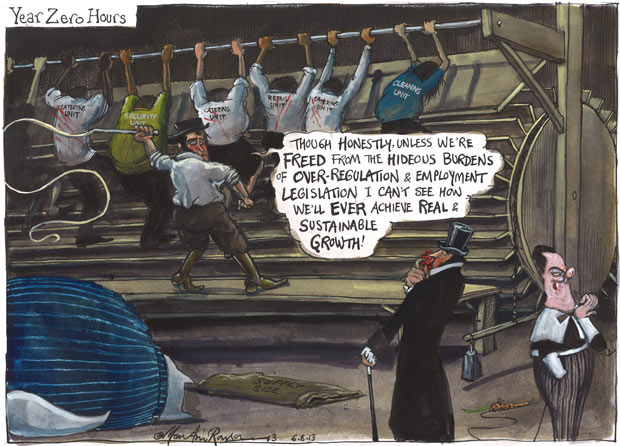These were my thoughts on 4th July when I heard about the Egyptian coup: The defenders of the Egyptian coup, and the defenders of Morsi are both wrong. Morsi’s attempt to impose dictatorship cost him legitimacy long ago. But the military coup will be even worse.
In my opinion, the revolutionary leaders who called for a military takeover, and supported the coup are the ones who made the mistake. The longer they continue to support the military the worse that mistake will become, because that continued association will taint them in the public eye with whatever the military does. When the military turns its attention from the Muslim Brotherhood, and begins arresting the secular left, how easy will it be for that secular left to mobilize the people in their own defense?
 |
| Image in today's Guardian: Egyptian families bury their dead. Credit: Rex Features/APA |
Read too Tawakkol Karman writing in last Friday’s Guardian (9 August): Egypt's coup has crushed all the freedoms won in the revolution. She says she supported the opposition to President Morsi until the military takeover, which all supporters of human rights should reject.
This morning I've just heard an appalling interview with a representative of Egypt’s National Salvation Front (didn't catch the name) justifying Wednesday morning’s killings when armed police broke up the Muslim Brotherhood sit-ins. He justified his support for the police action by allegations that inside their two camps the Muslim Brotherhood were committing torture on their political opponents. These are detailed in a rightwing website called FrontPage. I'm not suggesting it's not true; for this we must wait and see.







